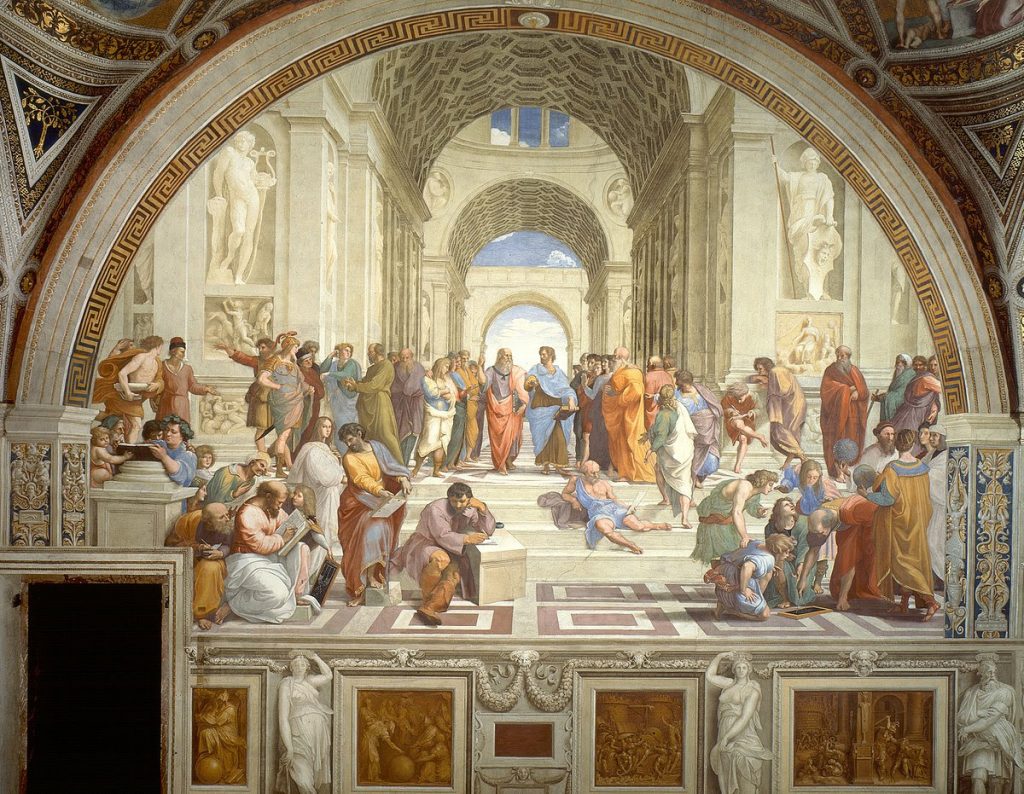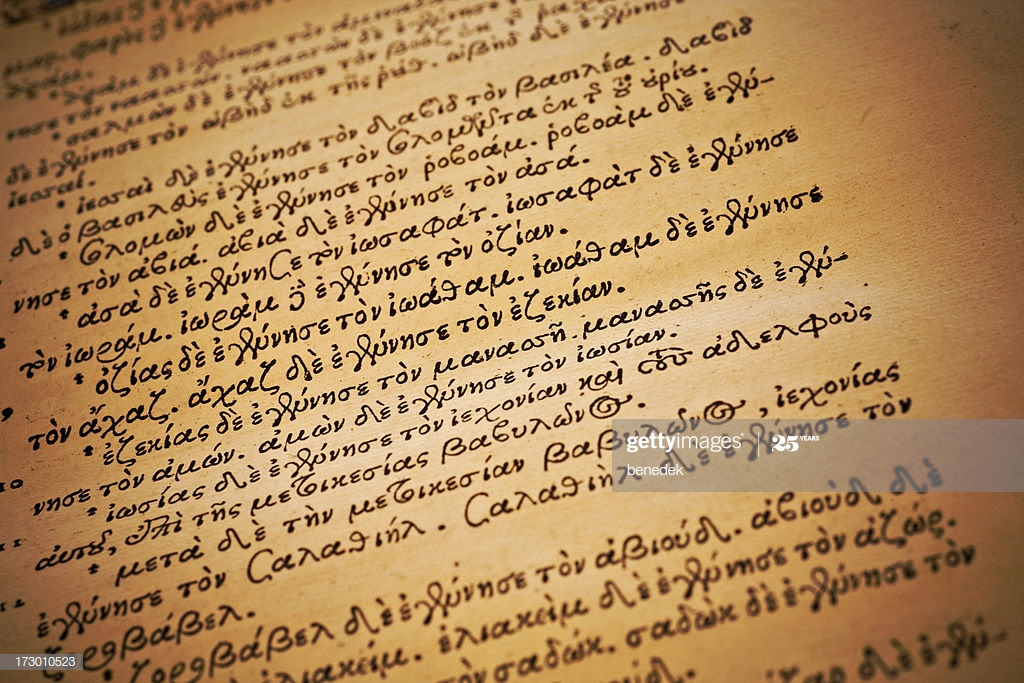| Acts 17 Four centuries prior to St. Paul’s arrival in Athens, the orator Demosthenes chastised his fellow Athenians for their preoccupation with new ideas and intellectual fancies. To Demosthenes way of thinking, the issue of the day was the preservation of democracy as Philip of Macedonia rattled his saber along Greece’s northern border. An inquisitive spirit had always been key to Athenian culture, which may have been why early democracy took root and first flowered there. Demosthenes preference for the practical may have found better soil in orderly, militarized Rome. Athens was the birthplace of both Socrates and Plato, and the adopted home of Aristotle, Epicurus, and Zeno of Citeo. Though Athens had lost its political primacy by St. Paul’s day, it continued to be respected for its cultural wealth, art and architecture, and schools of debate. Athens was a university town, and the Agora north of the Acropolis remained a veritable Oxford Union of intellectual ferment. I am sometimes befuddled by the sheer number of shrines and iterations of the Blessed Virgin Mary to be found in Mexico, each with distinctive vesture and intercessional focus. I can see why Paul, a second commandment monotheist rambling through the streets and alley ways of Athens, may have been unsettled by the plethora of shrines and deities receiving public invocation. |

| Paul looks for common ground with the Athenians. “Athenians, I see how extremely religious you are in every way. As I went through your city and looked carefully at the objects of your worship, I found among them an altar with the inscription, ‘To an unknown god.’ What therefore you worship as unknown, this I proclaim to you.” Paul’s subsequent discourse would today be called an argument from natural theology. The glories of the created order proclaim a Creator. We are meant to grope for God, who is not far from each one of us. “For ‘In him we live and move and have our being’; as even some of your own poets have said,” Paul continues. I am not sure many are debated into an enriching relationship with God, though St. Paul seems to have shown considerable success. Among his converts in Athens are a woman named Damaris (Luke frequently pairs the conversion of leading women with the conversion of leading men, in keeping with his unusual focus on gender equality), and Dionysius the Areopagite (a member of the Athenian tribunal, whom Eusebius tells us will later become the first bishop of Athens). My reticence regarding the usefulness of argumentation stems in part from our present environment, where rational discourse and the civilized exchange of ideas in shared quest for truth are not much valued. Hence, kudos to St. Paul, who mixes it up with Epicureans and Stoics and others with well-honed philosophies and makes inroads. I think I would have been more at home in Athens than in Jerusalem had I been born in the first century and given a choice. I like reflective discussion, and I am curious about a variety of perspectives and ideas. Exclusivist expressions of Christianity bother me, because I think we all worship ‘the unknown God;’ God, by definition, exceeding the human capacity for understanding. I do believe some ideas are better than others, that some ideas more nearly hew to universal truth, and that it is important to contend for clear thinking and strong approximations of reality. The thrust and parry of rational debate is a joyful experience and a useful tool; and hard-won clarity shapes societies, religions, families and individuals. Christian adherence is not, for me, the shutting down of debate, but rather the establishment of a commitment from which reflection may be further ventured. Perhaps Demosthenes’ complaint against his fellow Athenians was that, when crisis was clearly upon them, they preferred fanciful musing to hard commitment. “Those who stand for nothing fall for anything,” said Alexander Hamilton. Like St. Paul, I advocate for a definitive commitment to God in Christ, and from that foundation, let conversation begin. Grace and peace, The Reverend Canon George F. Woodward III FOR SCHOOLS AND COLLEGES “O Eternal God, bless all schools, colleges, and universities, remember Centro Infantíl, our affiliate preschool, and Seminario de San Andres, forming the priests of tomorrow; that they may be lively centers for sound learning, new discovery, and the pursuit of wisdom; and grant that those who teach and those who learn may find you to be the source of all truth; through Jesus Christ our Lord. Amen.” The Book Of Common Prayer, page 824 Previous Reflections may be found on the parish website StPaulSMA.com under ‘Blogs’ here. YouTube postings are available here. Previous editions of THE EPISTLE can be found here. |

| St. Paul’s Anglican Church Calzada del Cardo, 6 Centro 37700, San Miguel de Allende, Mexico 415.121.3424 www.StPaulSMA.com |
